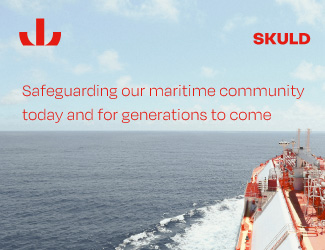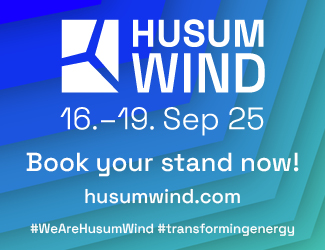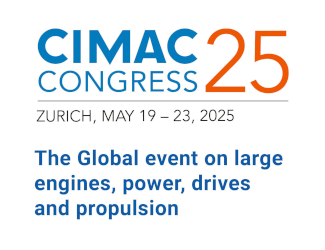Fassmer’s CEO Harald Fassmer on risks and opportunities in niche markets, rising competition and the advantage of having one’s own design department
How proud are you, having built the world’s first research vessel running on LNG?
Harald Fassmer: »Atair« was[ds_preview] a special challenge, not only regarding the specific LNG fuel requirement, but also due to the advanced and complex technology built in the vessel and her systems. Projects like »Atair« run for years, from requirements definition until the vessel is successfully operating, with many people being involved. In this case, the strong qualifications and the cooperation achieved with our customer the Bundesanstalt für Wasserbau (BAW) and the end user, the Bundesamt für Seeschifffahrt und Hydrographie (BSH), have been critical to the overall success of the project. We are very proud that we were able to master this project together. We are confident to deliver the vessel on time and fully compliant with all requirements.
What were the lessons learnt for the follow-up projects?
Fassmer: The new »Atair« has a gas-electric propulsion plant not only to cover the different operating conditions and energy consumption, but also with regard to the silent-R classification. It has been a big challenge to comply with the very low underwater-radiated noise levels that are applicable for state of the art research vessels. The experiences that we gained during the design and construction phase regarding the implementation of the propulsion concept are very valuable and we will certainly be able to apply what we learned to future projects.
The BSH plans similar survey and research vessels. Certainly, these will be built on this basis. Beyond that, »Atair« surely gave direction for future research vessels in regard to propulsion engineering and hull design. The noise reduction technologies that were utilized are especially interesting for vessels that have to accomplish similar requirements.
Will LNG become the first choice for vessels of this kind?
Fassmer: I am convinced that LNG will be one of the preferred choices in the near future. Nonetheless, other environment-friendly fuels and propulsion technologies will further emerge as CO2 reduction goals settle in. Power-to-X, for example, can have a big influence in the use of hydrogen as propulsion fuel for ships. Fassmer is working on ship designs based on several emerging energy and propulsion technologies to meet these challenges.
How do you assess Fassmer’s position in global competition – what are your future markets?
Fassmer: Fassmer is working in a niche market of specialized and complex vessels. In this market we are facing strong competition from other shipyards around the globe. The pressure in other markets is also driving companies to try to enter our niche. This is a dangerous situation, as it drives prices down.
As we need to continuously improve to face off competition, it is very important for us to strengthen and enhance our broad-ranging portfolio. We offer vessels of very different construction types and for diverse purposes such as work boats, ferries, naval vessels, cross-over yachts, multi-purpose vessels or search and rescue ships. We believe that this is the best market for us in the future.
How would you describe Fassmer’s competitive advantage in this environment?
Fassmer: We are proud of our strong and skilled development and design departments, which can assess the increased technical risks that we face in the early stages of new projects. These risks would be many times higher if we relied on external design offices. Together with our customers, we are able to develop special purpose vessels from A to Z, considering a broad range of operational and logistics demands.
Fassmer has a highly motivated workforce in all phases of the shipbuilding process. This allows us to react quickly and in a flexible way to customers’ requirements. Our production facilities are state of the art and our technological partners provide high quality system solutions. Altogether, that is what makes us successful.

















